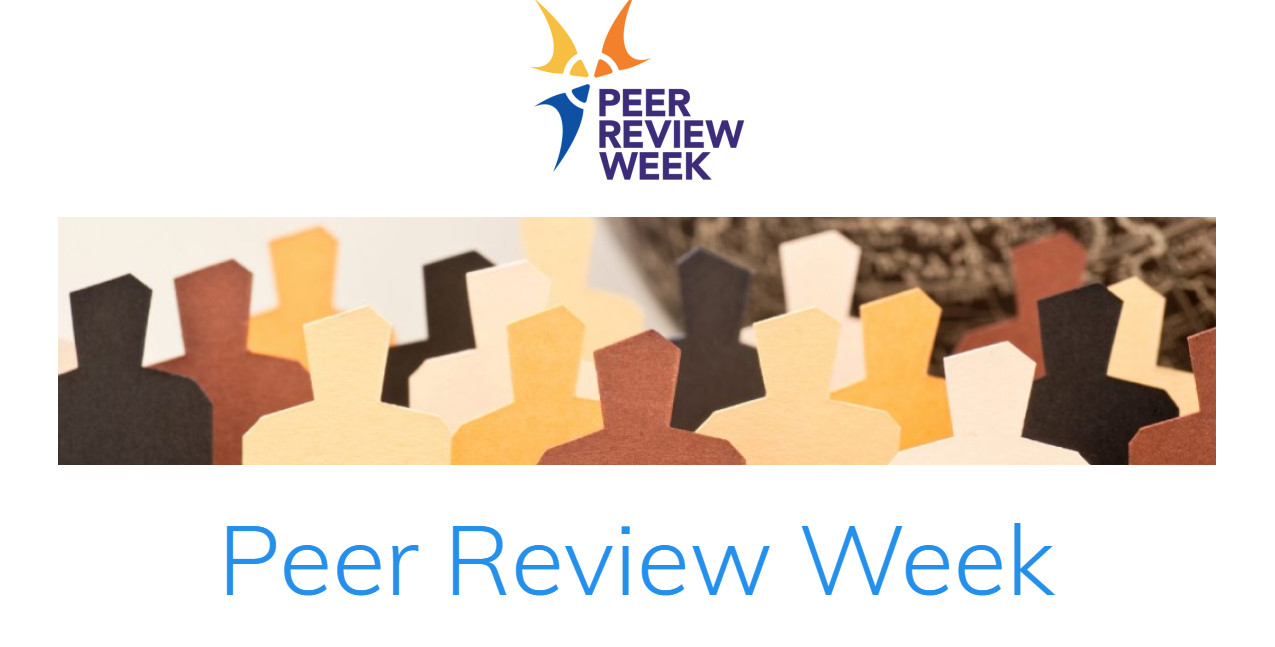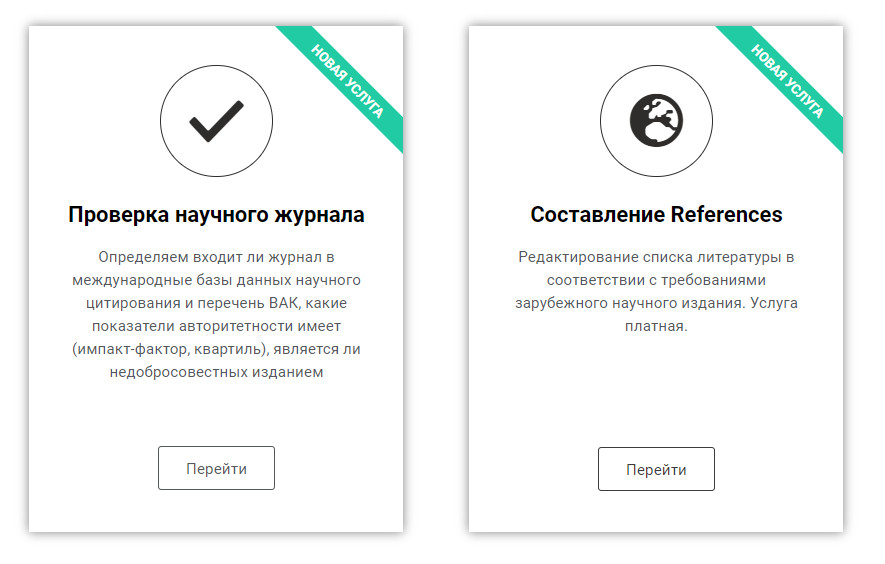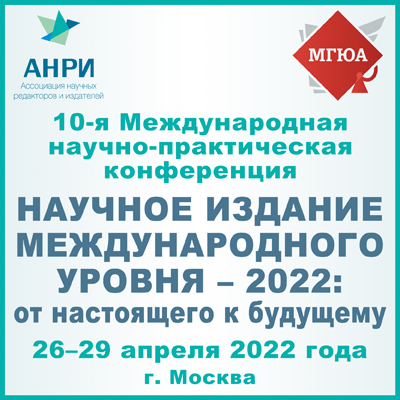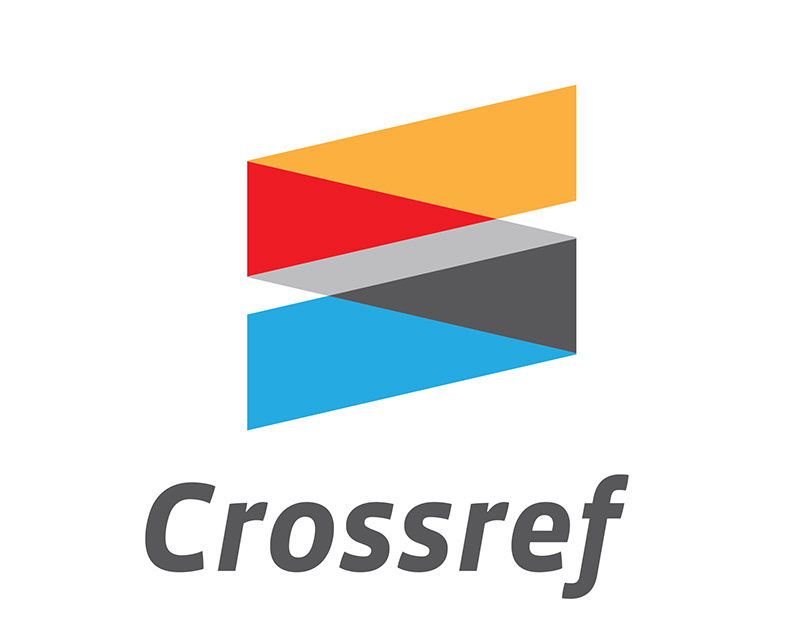Peer Review Week 2022 Explores the Importance of Peer Review in Supporting Research Integrity
This year’s Peer Review Week (PRW), an annual event to celebrate the value of peer review that brings together scholarly communication stakeholders, including academic publishers, associations, institutions, and researchers, will be dedicated to the theme “Research Integrity: Creating and supporting trust in research.” During the week of September 19-23, 2022, participating organizations will host events and activities to highlight the ways in which peer review contributes to and reinforces trust in scholarship. The theme was chosen via an open global poll of the scholarly community.
With the “reproducibility crisis” and increased politicization of science testing trust in research, the issue of research integrity is arguably more important than ever. Identifying ways to ensure and promote quality peer review and confidence in the process is essential, especially now in the face of numerous global crises, including climate change and the SARS-CoV-2 pandemic.
Peer review shapes how researchers and the general public view individual studies and scientific research as a whole. Whether reviews are published or private, anonymous or signed, posted to a preprint, or raised to editors after publication, we rely on expert opinions to vet research prior to publication and help correct the record when mistakes occur. How can the scholarly community demonstrate research integrity, enhance understanding of peer review, and promote trust in review processes? We’ll explore these questions and more during PRW 2022.
Read more https://peerreviewweek.wordpress.com/2022-edition/?mc_cid=86f0f7f2b8&mc_eid=6b8a170d1c

New services for authors of scientific publications
Now it is easier to submit a manuscript to an international academic journal! The BNTU Scientific Library offers to use online services for checking information about an academic journal and editing a list of references in accordance with requirements of international academic journals.
Academic Journal Verification
While investing time and effort into preparing a manuscript, it is important to ensure that research results are published in a qualitative journal. Do you want to know if the journal you have chosen is included in the list of Higher Attestation Commission or in international scientific citation databases? How authoritative is it for the scientific community? Have you received an offer by e-mail to publish in an unfamiliar journal and are not sure of its quality? All these questions will be solved by the online service "Search and verification of information about a scientific journal".
For reference: employees and students of BNTU can use the service for free. For third-party users, the service is provided on a paid basis with the possibility of payment through Single Settlement and Information Space (SSIS).
Compilation of Bibliographic References
Successful publication in an international academic journal depends on a number of factors. Along with quality of material presented and careful work on all elements of an article, the way a bibliographic list is prepared is also of great importance when submitting a manuscript. The requirements of journals may differ, because there are a fairly large number of standards (styles) for describing cited sources. If it is difficult for you to understand these nuances or you want to save your efforts and time, we recommend that you use the new online service of the BNTU Scientific Library “Editing the list of references in accordance with the requirements of an academic journal (State Standard, styles). Compilation of References".
For reference: the service is paid. The service can be used by library readers and remote users with the possibility of paying through Single Settlement and Information Space (SSIS).
The library provides 18 online services, many of which are for authors of scientific publications.
Read more: https://times.bntu.by/news/11270-novye-uslugi-dlya-avtorov-nauchnyh-publikacij

Journals on Elpub are Included in RSCI
A press release of the Working Group on Quality Assessment and Selection of Journals in the Russian Science Citation Index (RSCI) has been published.
We draw your attention to the important changes that are being made to the RSCI regulations:
- metadata of RSCI journals will not be transferred to the Web of Science platform;
- if a journal charges publication fees to authors, it is necessary to submit all reviews to the RSCI;
- the next application opportunity will be open on November 15, the application period is not limited, the Working Group will meet three times a year.
A more detailed description of all changes is presented in the press release of the Working Group.
Read more https://elpub.ru/news/775-zhurnaly-na-elpub-vklyucheny-v-rsci
![]()
WORLD-CLASS SCIENTIFIC PUBLICATION – 2022: from the present to the future
On April 26-29, 2022, Moscow will host the 10th International Scientific and Practical Conference “World-Class Scientific Publication – 2022: from the Present to the Future” (WCSP-2022).
The conference is organized by the Association of Scientific Editors and Publishers (ASEP) and the Kutafin Moscow State Law University (KMSLU).
Everyone who is interested in the development and determining the future of the academic publishing and scientific editing in Russia, in the CIS countries and in other non-English-speaking countries is invited to participate.
The conference is expected to consider the development and promotion of scientific publications, increasing their visibility and credibility in the global and national scientific and information space, as well as improving corresponding activities taking into account new tools, trends and opportunities.
Both full-time and remote (online) formats are available
Registration is open until April 10, 2022.
More detailed information can be obtained at the link.

Registry of Editorial Boards: Potential Opportunities in Scholarly Communication
Crossref proposes the creation of some form of Registry of Editorial Boards to develop best practice around editorial boards' information and governance that can be used by the scientific community.
This new service can provide greater transparency and automation of the editorial process, connect content platforms (e.g. peer review management systems, publisher websites, ORCID and other author registration systems, ROR, bibliographic databases, etc.) and make available information about the editorial boards, including metadata about the full affiliations of the editorial boards.
Crossref announces the significant benefits of such a system for various stakeholders in the scholarly communication community: from publishers, researchers, institutions, sponsors to bibliometricians and librarians.
For more details, please follow the link.
In order to better understand the needs of the community, the willingness to participate and contribute to registering and maintaining the details of the editorial boards, it is proposed to complete this short survey by March 31, 2022.

Page 7 of 9
